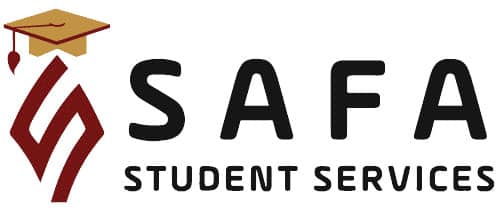Advantages and Disadvantages of the College of Physiotherapy
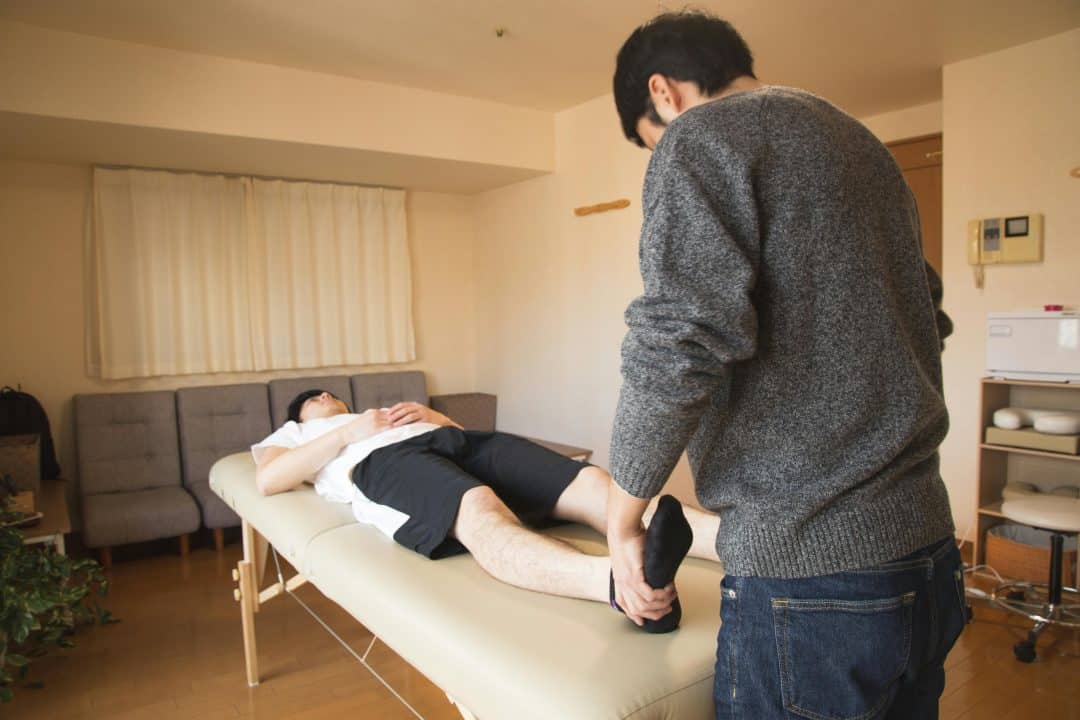

جدول المحتويات
Even though the College of Physiotherapy is one of the prominent scientific colleges, many students lack sufficient knowledge about it. The College of Physiotherapy has its advantages and disadvantages of the College of Physiotherapy, so we will provide you with comprehensive information about it. We will mention the pros and cons of the College of Physiotherapy and the future opportunities for its graduates to serve as a useful guide for students interested in joining.
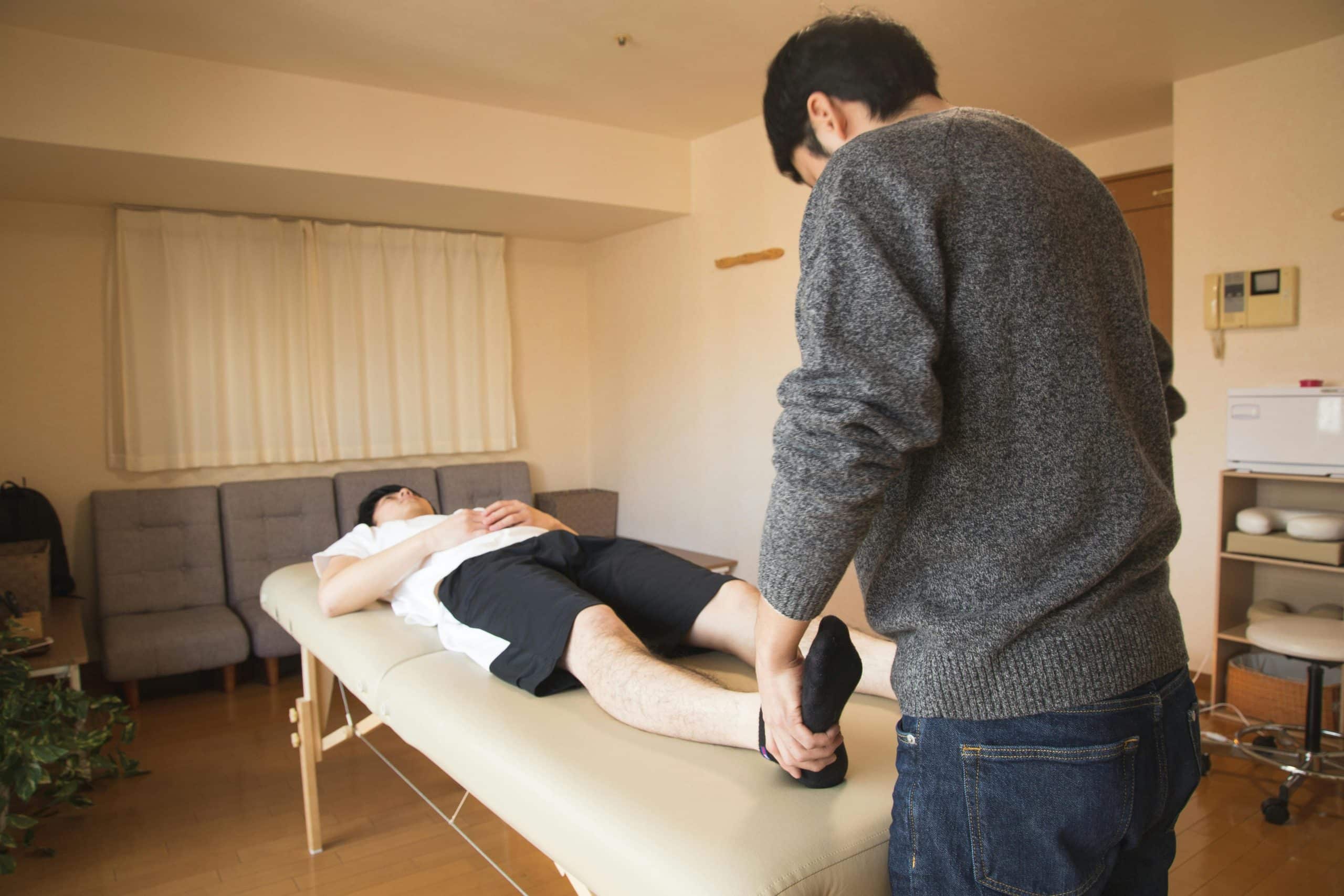
Advantages of the College of Physiotherapy
Before we mention the disadvantages, let us first look at the advantages. The College of Physiotherapy has many positive aspects related to the nature of the study and job opportunities after graduation. One of the most notable advantages is the immediate assignment. Graduates of the College of Physiotherapy are usually appointed to Ministry of Health hospitals, university hospitals, and other places within a period ranging from one to six months after the internship year. Additionally, it is suitable for geographical distribution, making it a suitable option for graduates in remote areas or governorates that lack large commercial companies, as physiotherapy centers are spread across all governorates and villages.
Moreover, there is an increasing demand in the job market. All hospitals and medical facilities require physiotherapists, which increases the available job opportunities. Studying at the College of Physiotherapy is relatively easier compared to some other scientific colleges such as Pharmacy, Dentistry, and some departments of the Faculty of Science, making it attractive to students. Additionally, the specialty is very suitable for females, as many centers require female graduates to follow up on women’s cases, providing good job opportunities for them.
Disadvantages of the College of Physiotherapy
Despite the many advantages, there are disadvantages of the College of Physiotherapy that students should consider, such as:
- Intense Competition: The number of graduates is increasing annually, especially with the opening of many private universities offering this specialty, in addition to the entry of graduates from the Faculty of Physical Education into this field.
- Proficiency in English: The study in the college relies on the English language, posing a challenge for some students who do not have a good command of this language.
- Low Salaries: Physiotherapist salaries tend to be low in small centers in governorates and local areas, where these centers rely heavily on simple equipment and physical exercises instead of modern devices, reducing their demand and affecting the salaries of their workers.
These are the most prominent disadvantages of the College of Physiotherapy, but many students overlook these disadvantages in favor of the excellent features the college provides.
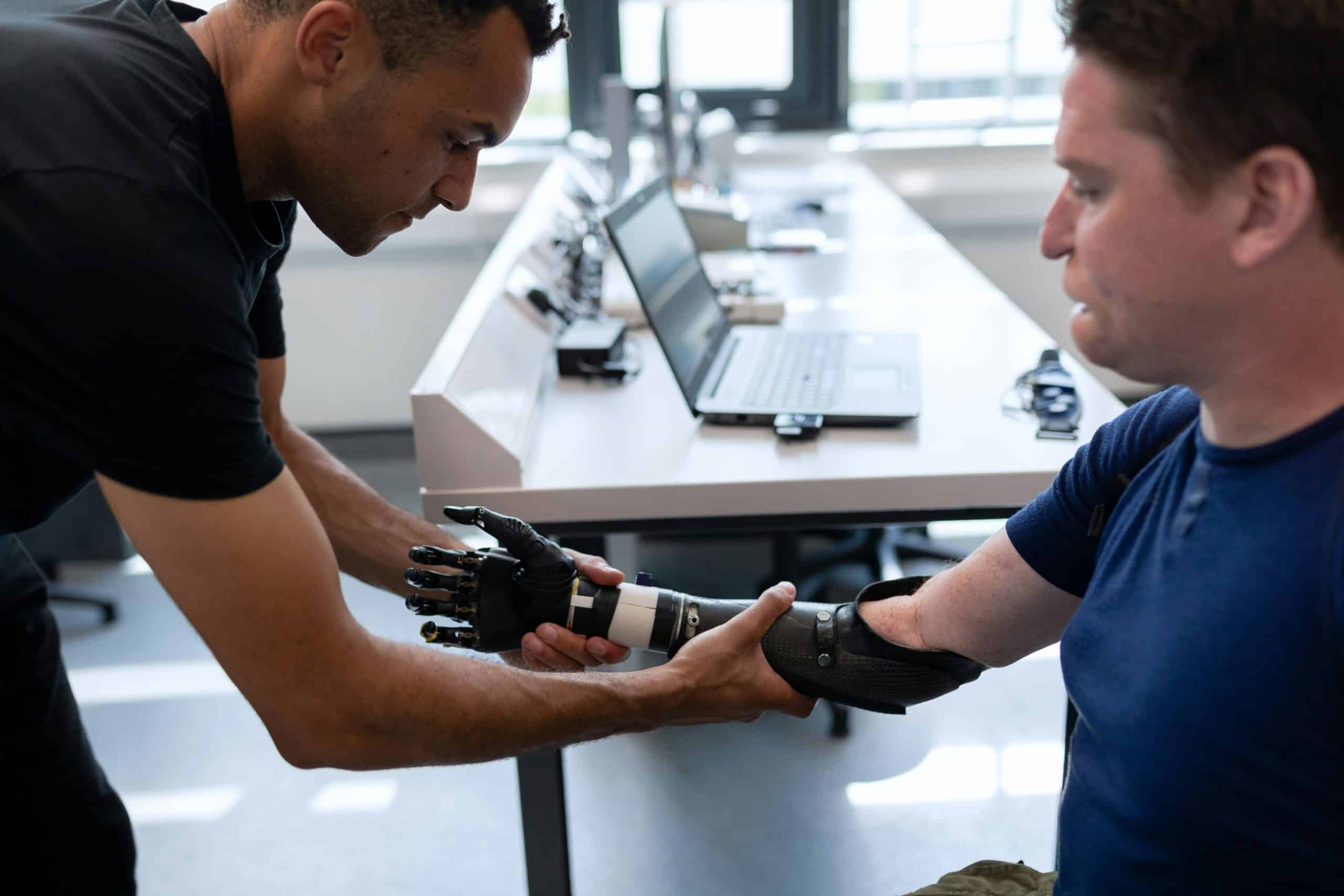
Departments of the College of Physiotherapy
After learning about the disadvantages of the College of Physiotherapy, let us take a quick look at the college departments. The study of physiotherapy lasts for five academic years, in addition to an internship year dedicated to practical training. The departments of the College of Physiotherapy vary from one university to another but generally include the following departments:
- Basic Sciences Department: Covers the study of medical subjects such as anatomy and physiology, in addition to physiotherapy subjects such as manual therapy, electrotherapy, and hydrotherapy.
- Internal Medicine Physiotherapy Department: Includes the study of internal and chest diseases from a medical perspective and the role of physiotherapy in treating them.
- Women’s Health and Obstetrics Physiotherapy Department: Focuses on women’s health, various gynecological diseases, and the role of physiotherapy in maintaining it.
- Surgery and Burns Physiotherapy Department: Covers the study of different types of surgeries and burns, their impact on movement, and physiotherapy methods for these cases.
- Orthopedic Physiotherapy Department: Studies types of fractures, bone, ligament, and muscle problems, and physiotherapy methods for dealing with them.
- Neurological Physiotherapy Department: Includes the study of various nerve injuries and paralysis cases and rehabilitation programs for them.
- Pediatric Physiotherapy Department: Covers the study of various health problems in children, such as motor delay and growth.
In addition to medical subjects and physiotherapy subjects, students study complementary subjects during the first and second years, such as psychology, sociology, philosophy, English language, and computer science. Students begin studying the specialties in more detail starting from the third year.
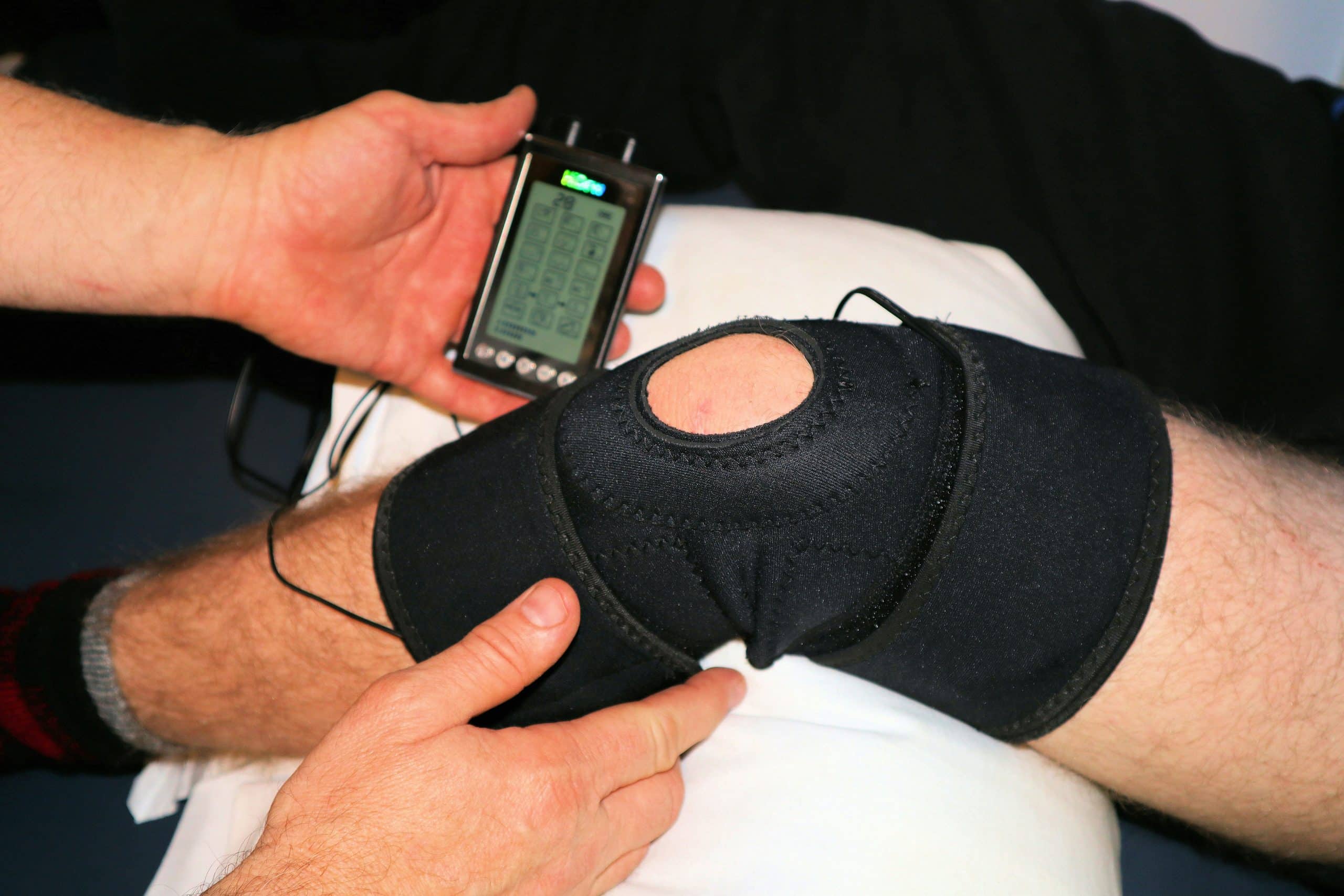
Future of Physiotherapy Graduates
The physiotherapy specialty is one of the most in-demand specialties in the job market, both inside and outside Egypt. Government assignments ensure immediate employment after graduation, providing job stability for graduates. In addition, there are multiple job fields, including working as physiotherapists in private clinics, rheumatology units, and major physiotherapy centers, and the field of sports injuries in clubs and sports centers.
Graduates can also work in the field of nutrition after obtaining the necessary training courses or opening a physiotherapy center and working independently. Job opportunities abroad are increasing, especially in countries that require a practice license and passing English language tests such as IELTS or TOEFL, opening wide horizons for the physiotherapy specialty globally.
Source: Physiotherapy in Turkey
Latest News
Related Articles & News
Follow our latest articles

Studying Mechanical Engineering in Turkey 2025: A Pillar of Industry and Innovation
In our modern world, from the engines of the cars that drive us daily to giant electricity-generating turbines and precision...
See More
Studying Artificial Intelligence Engineering in Turkey 2025: Towards a Future Led by Intelligent Machines
In a world experiencing an unprecedented technological revolution, Artificial Intelligence (AI) has become the driving force behind innovation in almost...
See More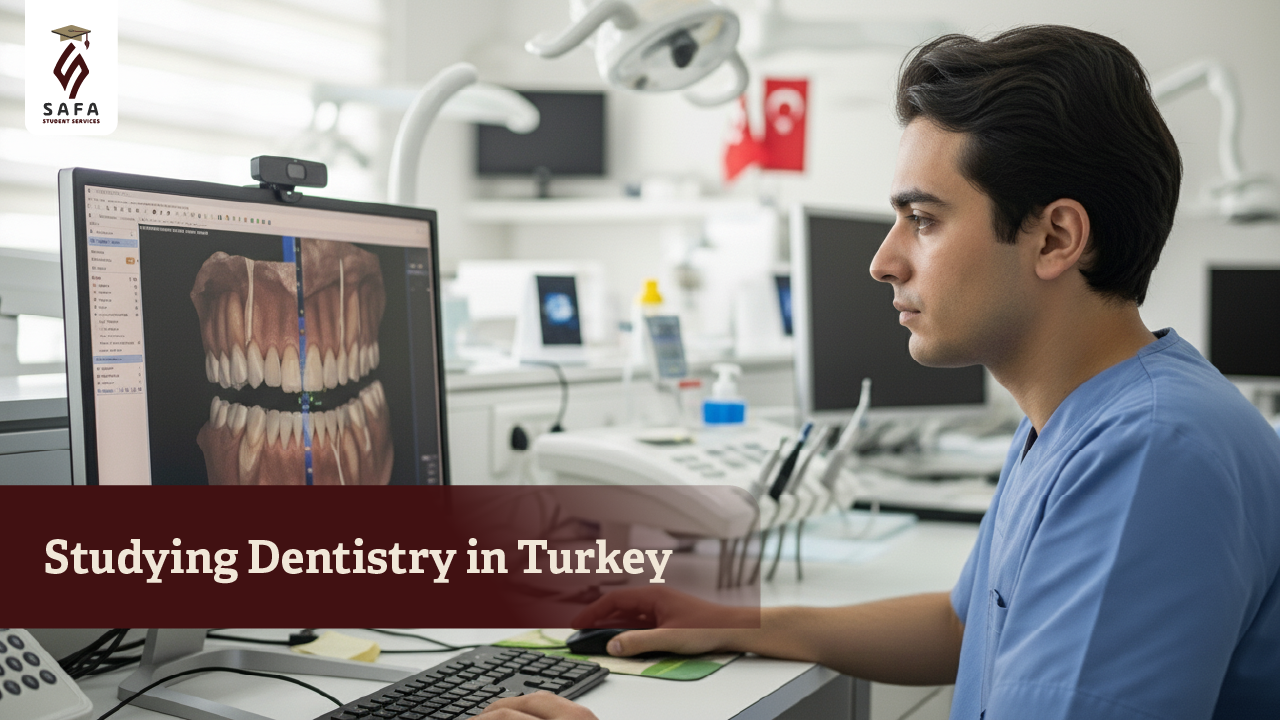
Studying Dentistry in Turkey 2025: A Bright Smile for a Promising Future
In a world where health and beauty are increasingly important, dentistry is a medical profession that combines scientific precision with...
See More
Studying Aeronautical Engineering in Turkey 2025: Soar into the skies of innovation
Imagine yourself as part of a team designing the aircraft of the future, a cutting-edge space system, or developing technologies...
See More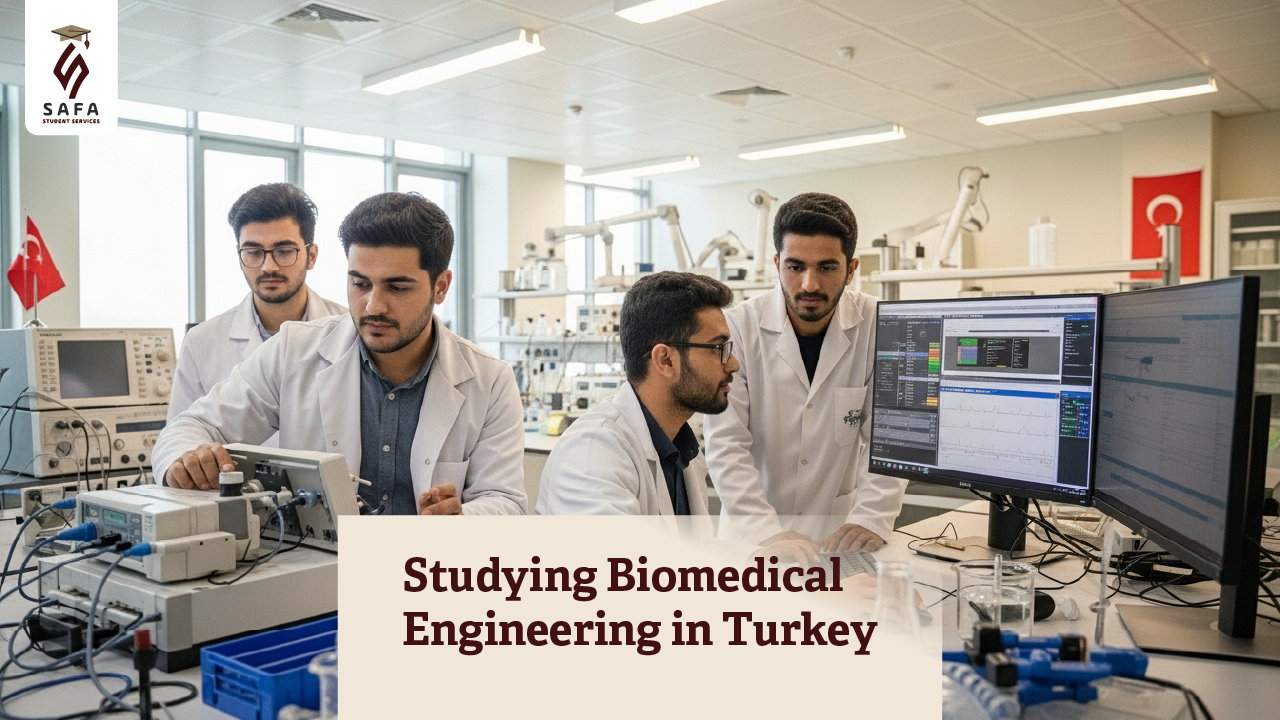
Studying Biomedical Engineering in Türkiye 2025: A bridge linking engineering and health
In an era of rapid medical advancement, cutting-edge medical equipment has become the backbone of modern healthcare, from precision diagnostic...
See More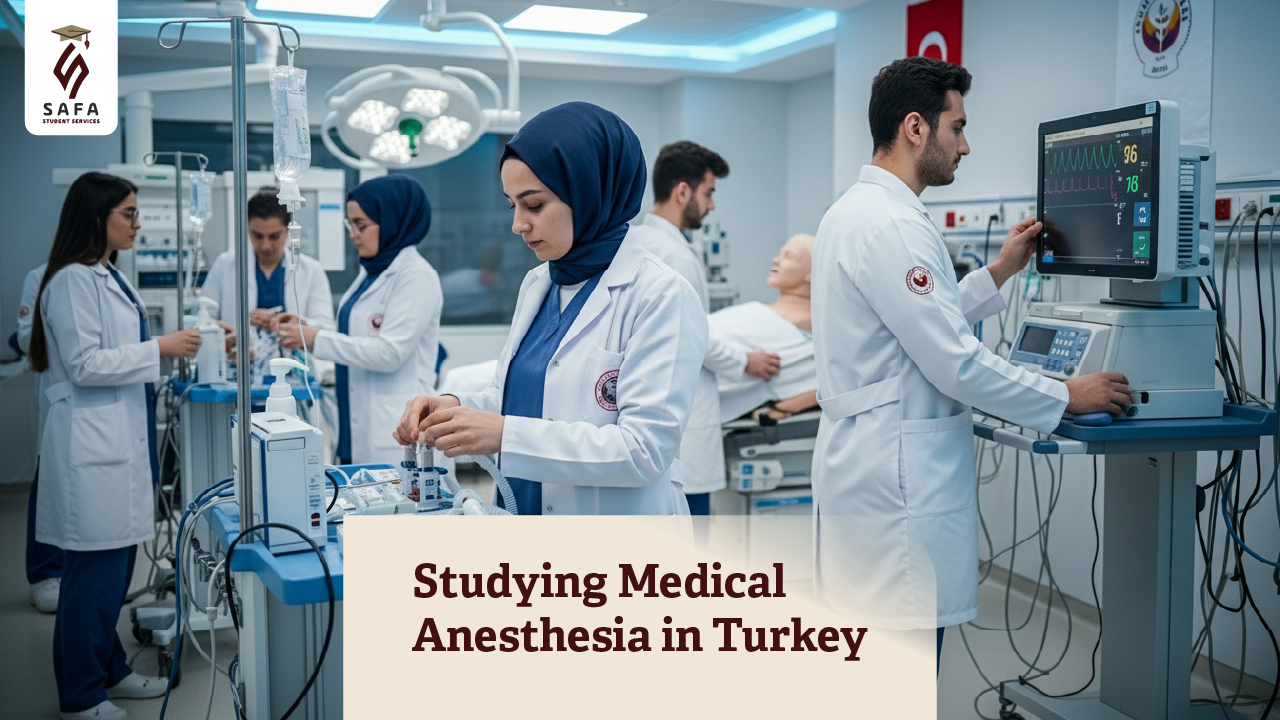
Studying Anesthesiology in Turkey 2025: A vital profession at the heart of healthcare
In every surgical procedure, and in many complex medical operations, the anesthesiologist plays a pivotal role, no less important than...
See More
